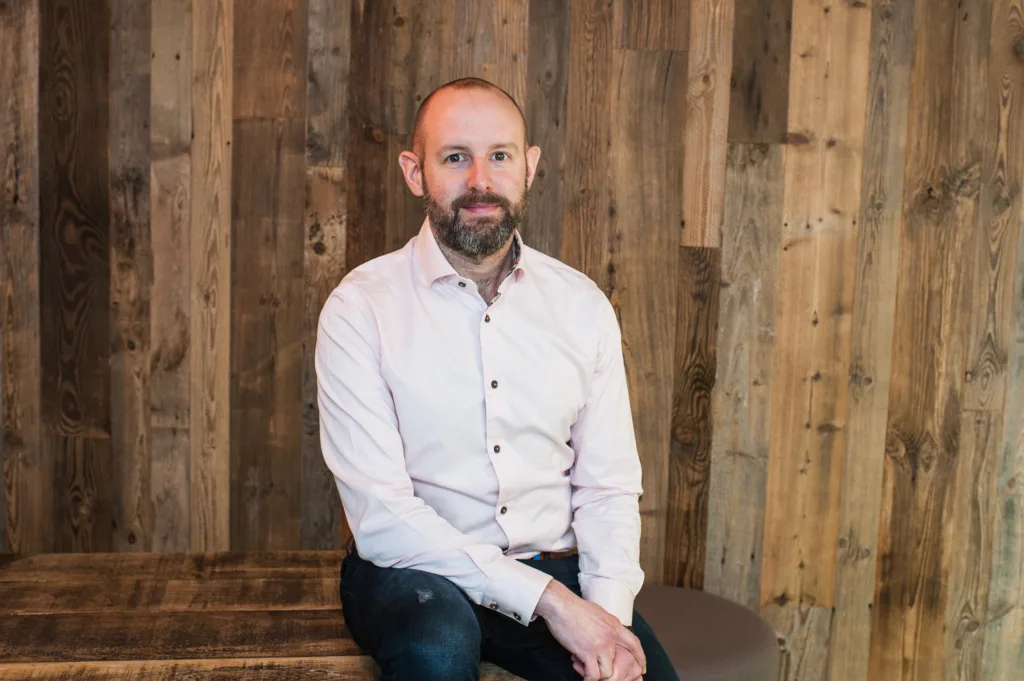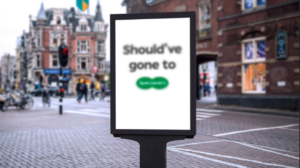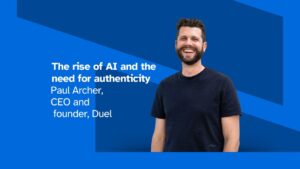The IAB’s Chief Executive Jon Mew says the trade body’s role today is to build a sustainable future for the digital industry. He urged the Westminster Media Forum policy conference to “take a moment to step back from focusing on the challenges that advertising faces and look at the broader picture”.
“The subjects that we’re discussing are hugely important and it is only by placing them into a wider context that we can truly understand how imperative it is to create workable, informed solutions that prioritise people and support their continued access to the open web,” he said.
“Now, it’s not an understatement to say, digital advertising and adtech in particular, faces some pretty vocal criticism. There are challenges that we need to navigate but I also think we need to appreciate what it does for people.”
He cited research that 89% of people would rather have free access to the internet, with ads, rather than pay for content. “It’s often easy to forget that the open internet has huge benefits and all of that is built on advertising technology.”
Digital advertising helped contribute millions to the GDP and has played a significant part in fueling the growth of British SMEs, entrepreneurs and creative innovation.
“When it comes to discussing regulation and the harms…acknowledging the benefits of digital advertising is an integral part of that. There’s a reason it’s so important to get this right. But we know that issues do exist. In my view, collaboration is the key to addressing them.”
He called for the industry to work together to improve trust and transparency within the digital supply chain and ensure that companies engaged in real time bidding (RTB) understood their obligations in practice when processing users data.
“We need to continue to improve the quality of digital advertising experience for people, as well as giving them confidence their data is being responsibly handled, we need to ensure that the alternative user ID solutions currently under development to reshape the ad-funded web have the the user at their heart.
“Now these aren’t small tasks. But we’re in no doubt, if we don’t continue to improve and evolve our future is uncertain, an outcome that’s not good for anyone.”
For instance, the IAB gold standard brings together existing industry initiatives to reduce ad fraud, uphold brand safety, improve the online experience for users and age compliance with GDP and the privacy laws. Version 2.0 was launched last year and it now counts 14 advertisers including Unilever, Adidas and Coca Cola committed to working with it.
“This is pivotal – where advertisers choose to invest their budgets is a huge factor in driving lasting change,” he added. Meanwhile, all parts of the digital industry are continuing to work together at a global level to create viable user ID solutions to replace third party cookies.
“This is a huge opportunity for us to redraw the digital ad ecosystem around user experience and build a better web for all parties, consumers, advertisers, and publishers.”








